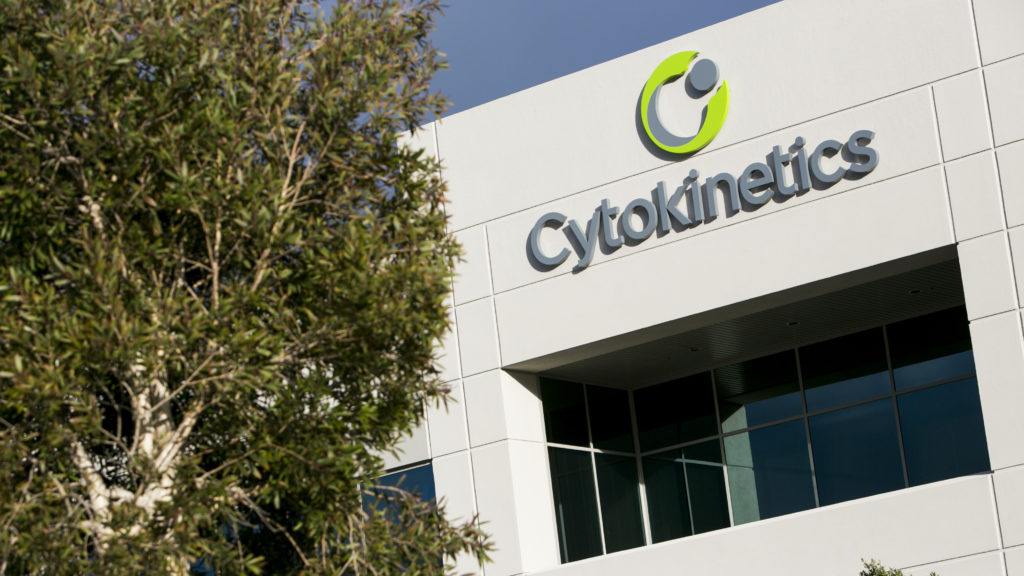Want to stay on top of the science and politics driving biotech today? Sign up to get our biotech newsletter in your inbox.
Hiya! Did you catch every last important bit of news that emerged from this year’s JPM conference? Join STAT’s Tara Bannow, Damian Garde, Matthew Herper, and Allison DeAngelis today for a virtual debrief on how the week went.
advertisement
Oh, and a programming note: The newsletter is taking a break on Monday in observance of Martin Luther King Jr. Day. We’ll be back in your inbox bright and early Tuesday.
Is biotech back from its downturn?
Can Nvidia solve biology? And is it wise to do a deal on a party bus? We cover all that and more this week on “The Readout LOUD,” STAT’s biotech podcast.
Recording from the J.P. Morgan Healthcare Conference, we discuss how a spate of deals and some intermittent sunshine seem to have brightened the outlook for biotech at the outset of 2024. We also talk about the latest twist in the Sarepta Therapeutics saga, a ubiquitous dealmaker, and life on the party circuit.
advertisement
FDA: GLP-1 drugs not linked to suicidal thoughts
A preliminary FDA review didn’t find evidence that GLP-1 drugs like Wegovy and Ozempic cause suicidality. The agency will continue to probe the issue; it’s also examining whether these obesity and diabetes drugs cause hair loss or aspiration, in which food or liquid enter the airway.
The European Medicines Agency is also studying anecdotal instances of suicidal thoughts stemming from GLP-1 medicines; last month that agency, too, said it hadn’t found a link.
Many weight-loss drugs over the years have carried some psychiatric risk, hence the agencies’ caution. For example, rimonabant was pulled from European markets in 2008 because of concerns that it triggered suicidal thoughts. A recent observational study in Nature Medicine did find, however, that there was a lower risk of suicidal ideation in GLP-1 drugs compared to other diabetes and obesity treatments.
Novartis reportedly decides to pass on Cytokinetics
Novartis has decided it won’t acquire Cytokinetics after all, The Wall Street Journal writes — a report that sent the heart drug-maker’s shares down 16% on the day. The Swiss pharma giant has been pursuing Cytokinetics for several months, but in the last couple days backed down, according to the Journal. Cytokinetics is said to have been courted by AstraZeneca and Johnson & Johnson as well.
The company, whose market cap nearly hit $10 billion this week, reported successful data last month for its experimental drug, aficamten, that treats hypertrophic cardiomyopathy. Its shares soared 60% on that news. Some analysts say the drug might generate up to $3.6 billion in sales by 2032, the Wall Street Journal writes. Novartis CEO Vasant Narasimhan told CNBC earlier this week that its “overall M&A strategy… is really to focus on sub-$5 billion assets.”
DSM-5 contributors got $14 million from industry
The DSM-5, often called the bible of psychiatry, may have a bit of a conflict of interest problem. A new study shows that 55 of the 92 physicians who contributed to the compendium received payments from industry, totaling $14 million. Of these physicians with pharma ties, 91% accepted food and beverages, 69% received compensation for travel and consulting, and half received research funding.
One member of the medication-induced movement disorders task force was particularly egregious, the study pointed out. This individual received $683,700 in 2019 — getting 202 payments for food and beverage, and 402 payments for travel and lodging.
“There’s a wealth of research demonstrating that industry-funded research and researchers draw industry-friendly results and conclusions,” the study’s author told STAT. “In the case of the DSM, this leads to the medicalization of emotional distress, over-diagnosis and over treatment, and the search for magic bullets.”

